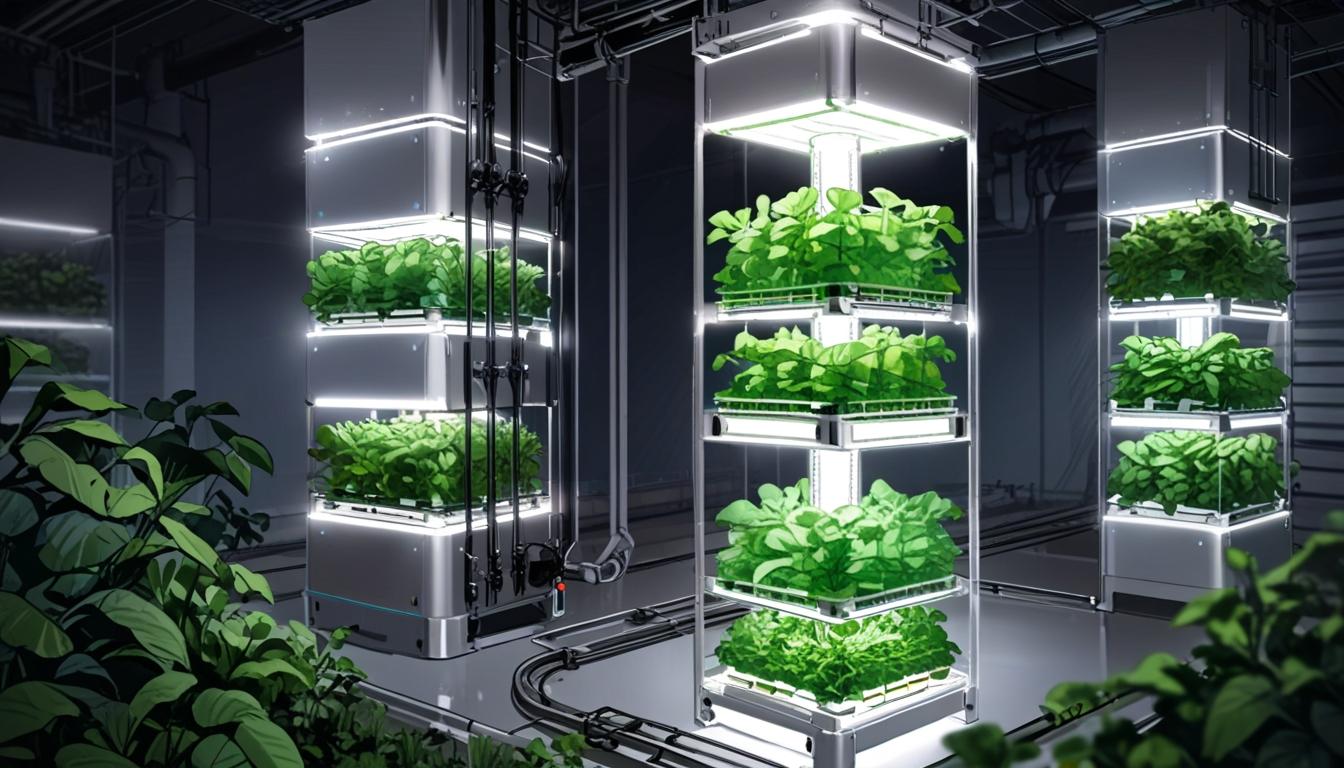Vertical farming, once widely seen as a revolutionary approach to agriculture, has experienced significant upheavals over recent years, but remains a dynamic and evolving sector. Initially lauded for its promise to produce pesticide-free food with minimal water usage and zero food miles, many of the high-profile startups making ambitious claims have struggled financially or exited the market. Despite these setbacks, the industry continues to develop, with some companies adapting their strategies and technologies to achieve ongoing success.
A 2025 review of the vertical farming industry identifies 20 leading companies actively advancing the field, predominantly across the United States, Europe, Asia, and Australia. These firms have been refining controlled environment agriculture through innovations in AI, robotics, modular design, and energy-efficient growing systems.
Leading the list is Bowery Farming (USA), which leverages artificial intelligence and robotics to cultivate pesticide-free leafy greens within highly controlled environments, broadening its production capacity and product diversity. Oishii (USA) has carved a niche by producing premium strawberries using vertical farming integrated with traditional Japanese horticultural methods. In Texas, Eden Green Technology operates large-scale hybrid greenhouse-vertical farms and has expanded its reach into retail and institutional supply chains.
The UK boasts several major players, including Intelligent Growth Solutions (IGS), which designs modular vertical farming towers enhanced by sensors and LED lighting, and Jones Food Company, which emphasises energy efficiency and clean, chemical-free produce for UK retailers. Similarly, GrowUp Farms integrates renewable energy and water recirculation with vertical farming techniques to support large-scale salad production.
Australia’s Stacked Farm is noted for its fully automated, scalable systems and is eyeing expansion into the U.S. market. Belgium’s Urban Crop Solutions offers turnkey vertical farm solutions and research services targeting businesses and institutions. Latin America’s AgroUrbana supplies fresh greens to supermarkets in Santiago, Chile, supporting urban food sovereignty.
In Canada, GoodLeaf Farms grows microgreens and leafy vegetables year-round across multiple sites, backed by the food giant McCain Foods. New York’s Farm.One focuses on hyper-local delivery of high-end microgreens and herbs to restaurants and subscribers. Meanwhile, Gotham Greens operates greenhouse-style farms in multiple U.S. cities, supplying major supermarket chains.
Asian markets are represented by Sky Greens in Singapore, known for its innovative rotating vertical growing towers that optimise land use. Taiwan-based YesHealth Group operates vertical farms mainly in Asia and Europe, often providing white-label or infrastructure services. Germany’s Infarm continues to supply selected European retailers despite withdrawing from broader international markets.
Some companies have faced major difficulties. AeroFarms (USA), notable for its aeroponic systems, restructured after filing for bankruptcy in 2023 and now focuses operations on a single site. Kalera (USA) has downsized but maintains a presence serving niche food service and hospitality sectors. Several other notable firms have ceased operations or filed for bankruptcy, including AppHarvest, Plenty, Fifth Season, Iron Ox, Upward Farms, Agricool, and Local Roots, while 80 Acres Farms has dramatically scaled back its activities.
The sector continues to confront challenges around high electricity costs, capital expenditure, and logistics, which impact profitability. Nonetheless, industry analysts forecast that the global vertical farming market could exceed $20 billion by 2029, driven by urban food security demands, advances in LED and automation technologies, rising consumer preference for local pesticide-free produce, and integration into smart city frameworks with resilience against climate change.
In response to these market realities, current vertical farming enterprises are adopting leaner operational models with heightened focus on technological innovation. Many are transitioning from purely operating farms to offering the technologies and infrastructure necessary for vertical farming, aiming for sustainable growth in a complex agricultural landscape.
The Robotics & Automation News reports on these developments, highlighting a sector marked by both significant attrition and continued innovation, illustrating the complexities of transforming traditional food supply chains through controlled environment agriculture.
Source: Noah Wire Services
